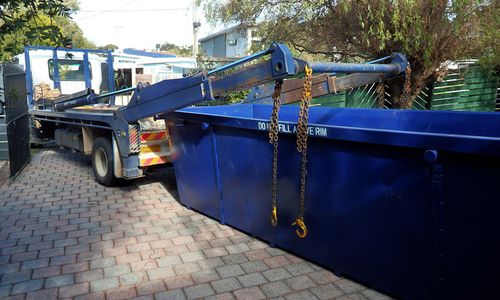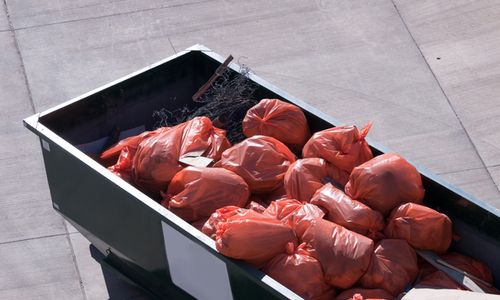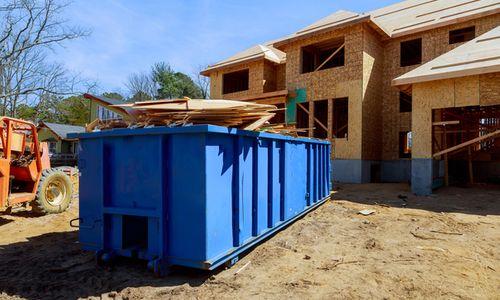
Foreclosure Clean Out
What Exactly Are Foreclosure Clean Outs?
When a property owner fails to make mortgage payments, banks have the option of foreclosing the mortgage, evicting the owner or his or her tenants, and seizing possession of the home or building. It is then up to the lender to sell the home to someone else after the eviction.
Lenders’ and Property Owners’ Relationships
In an ideal world, lenders and property owners collaborate to ensure that the foreclosure and eviction processes go as smoothly as possible. This may even imply that a lending institution will agree not to foreclose on an estate in return for the proprietor surrendering his or her ownership rights and voluntarily moving out. Lenders will even pay cash to proprietors who agree to leave freely and leave the property in “broom swept” condition. This means that all private possessions has been withdrawn from the residence and that it’s been cleaned so that real estate agents can show it to potential buyers.
Unfortunately, such amicable agreements are not always reached. In some cases, landowners or renters refuse to leave voluntarily and may be unprepared for a state police eviction. In other cases, inhabitants will simply leave the property and relocate. As a result, personal property belonging to previous occupants may be found in a foreclosed home.
Personal Belongings, Debris, and Damage
Personal property is usually required to be evacuated before a lending institution can relist the home for sale. Other factors to consider include the prospect that a home has been functionally damaged by an irate owner or tenant, that the home contains potentially hazardous debris such as drug paraphernalia, or that the location has been riddled with insects or rodents.
Building Security
While many foreclosure properties are perfectly sound and secure to enter, some are not. This could be because the prior occupant allowed the estate to fall into disrepair, or it could be because an enraged proprietor or leaseholder has wrecked the housing development in an attempt to exact revenge on the lender.
A third reason a foreclosed estate may be structurally unsound is that some lenders did not properly secure the property following an eviction. This can lead to squatters, vandals, and thieves breaking into the estate and causing extensive damage. If you suspect that a property is unsafe, ask the lender to have it checked before you and your company enter the premises.
Insects and Dangerous Materials
Hazardous materials such as used syringe needles, chemicals used in drug manufacturing, human or animal waste, and vermin infestations may be found in foreclosed homes. Protective clothing, such as big boots, gloves, face masks, and goggles, can help protect against these hazards. There are, however, some toxic waste issues that must be handled by professionals. If this is the case, you will need to hire a decontamination company before you can begin the clean-out.
Storage or Disposal of Junk
You’ll need to decide what you’re going to do with the items you find in the house. In some cases, the lender may request that you store these items so that the former occupant or house owner can retrieve them later. In other cases, it will be your company’s responsibility to dispose of the personal property that you collect.
At Ready2go Dumpsters, we cultivate relationships with recycling facilities, philanthropic institutions that collect items for reselling or distribution, and junkyards. Following the clean-out, we will sort the these items and deliver them to their respective destinations. Contact us now for more information.





